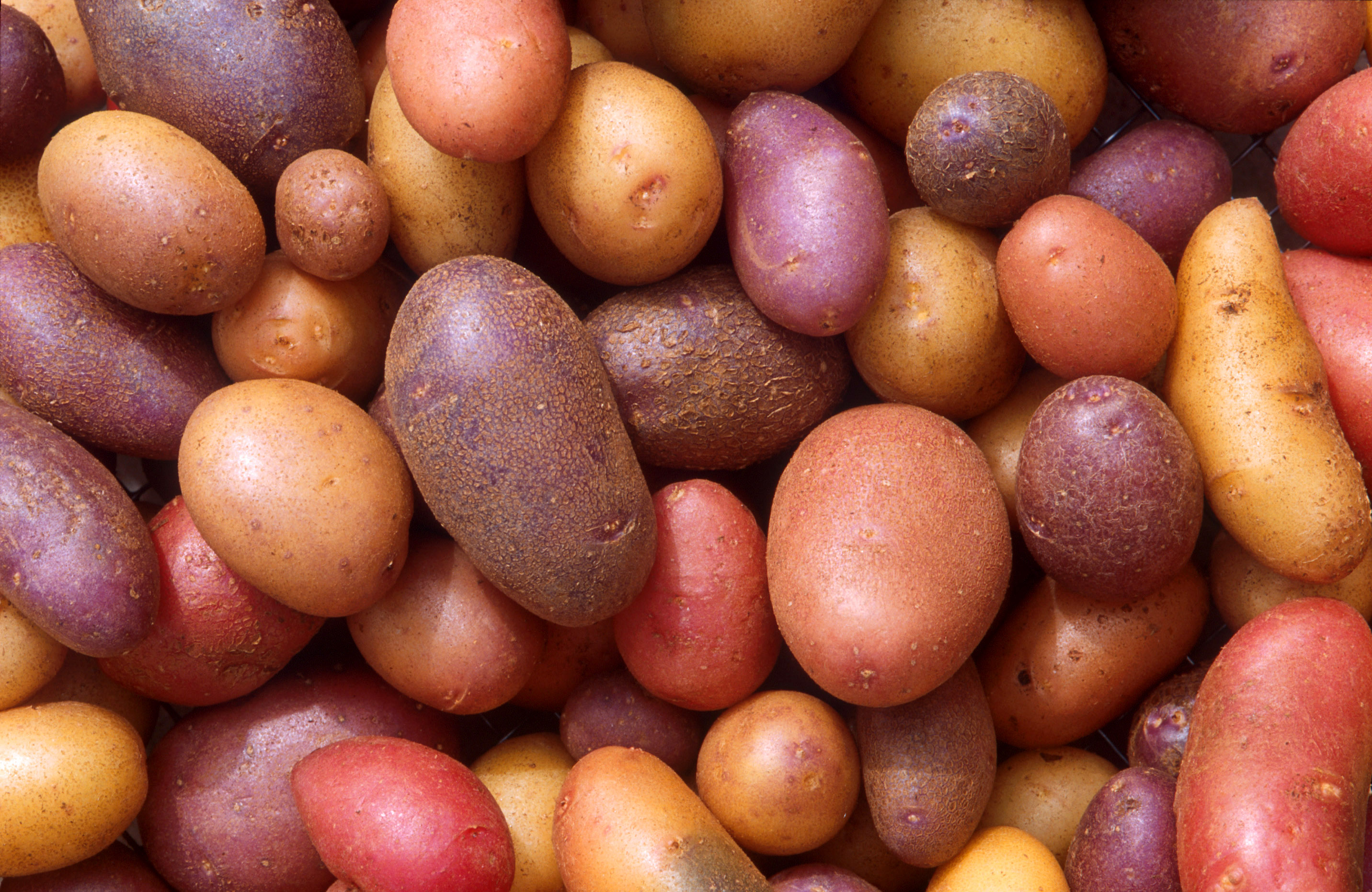By Elizabeth Wickham from https://swimswam.com/child-eat-swim-meets/
In a recent story, someone commented, “When and what should swimmers eat during meets?” I discussed this question with several swim moms from a variety of backgrounds, including two nurses, former swimmers, athletes, a dietitian and parents of Olympians, to find out their advice about nutrition at meets.
Although none of them claim to be experts, they have years of experience and have learned what things do and do not work for their kids. They provided five practical tips and a list of foods their swimmers eat at meets.
ONE
Know your child.
Each swimmer is different and they can tolerate different things. One swimmer was sensitive to certain foods like a hamburger. She would be in pain after eating one but had no problem with rice and a hard boiled egg. Other swimmers can eat a hamburger the day of a race and get best times. Also, make sure swimmers know it’s important to drink liquids and stay hydrated.
TWO
Recovery.
Swimmers need a recovery drink or food within 30 minutes after they race. When they’re young, parents need to be in charge of this. Chocolate milk is the preferred drink of each mom I interviewed. It has a good ratio of carbohydrates to protein to replenish needed nutrients after practice or a race. Boost, Ensure and other protein drinks are great because they are fortified with protein and vitamins, but your kids have to like the taste.
THREE
Don’t try something new.
If your child got a best time eating a certain meal such as sushi or cheese pizza, don’t mess with it. You don’t want to try a completely new food, because it might not agree with your child. Also, give them plenty of time to digest. One swim mom suggested eating at least two hours before they race. Another mom, who is a nurse, said her kids snack on healthy fruits and nuts throughout meets. Many swimmers like the same food for every meet.
FOUR
Keep a consistent diet.
One swim mom, who’s an athlete herself, made the comment that you don’t eat healthy only during a meet. Swimmers need to have a healthy diet all the time as part of their lifestyle. It’s just as important to eat well every day of the week—not just at meets—for optimum performance.
FIVE
Read and research.
There are many great articles and books about nutrition and sports. Read the many articles on SwimSwam written by registered dietitians and experts. You’ll learn so much about nutrition and the role it has in your swimmer’s health, growth and development.
Here’s a list of suggested swim meet meals and snacks from swim moms:
- Chocolate Milk
- Carnation Instant Breakfast
- Breakfast burrito
- Egg and bagel sandwich
- Rice with eggs
- Gatorade
- Coach’s Oats
- Bananas
- Strawberries
- Almond butter and apples
- Fresh fruit
- Yogurt
- Protein bars
- Beef jerky
- Homemade granola: nuts, honey, coconut oil, salt, shredded coconut and raisins
What is your swimmer’s favorite food at swim meets?
Elizabeth Wickham volunteered for 14 years on her kids’ club team as board member, fundraiser, newsletter editor and “Mrs. meet manager.” She’s a writer with a bachelor of arts degree in editorial journalism from the University of Washington with a long career in public relations, marketing and advertising. Her stories have appeared in newspapers and magazines including the Los Angeles Times, Orange County Parenting and Ladybug.You can read more parenting tips on her blog.
as board member, fundraiser, newsletter editor and “Mrs. meet manager.” She’s a writer with a bachelor of arts degree in editorial journalism from the University of Washington with a long career in public relations, marketing and advertising. Her stories have appeared in newspapers and magazines including the Los Angeles Times, Orange County Parenting and Ladybug.You can read more parenting tips on her blog.
 What the heck do fermented foods have to do with sleep?
What the heck do fermented foods have to do with sleep?  To improve your gut flora, you need the one-two punch of fermented foods plus starchy tubers. Tubers are the food that healthy bacteria like to eat, so when we eat them, we help those bacteria survive in our guts.
To improve your gut flora, you need the one-two punch of fermented foods plus starchy tubers. Tubers are the food that healthy bacteria like to eat, so when we eat them, we help those bacteria survive in our guts.